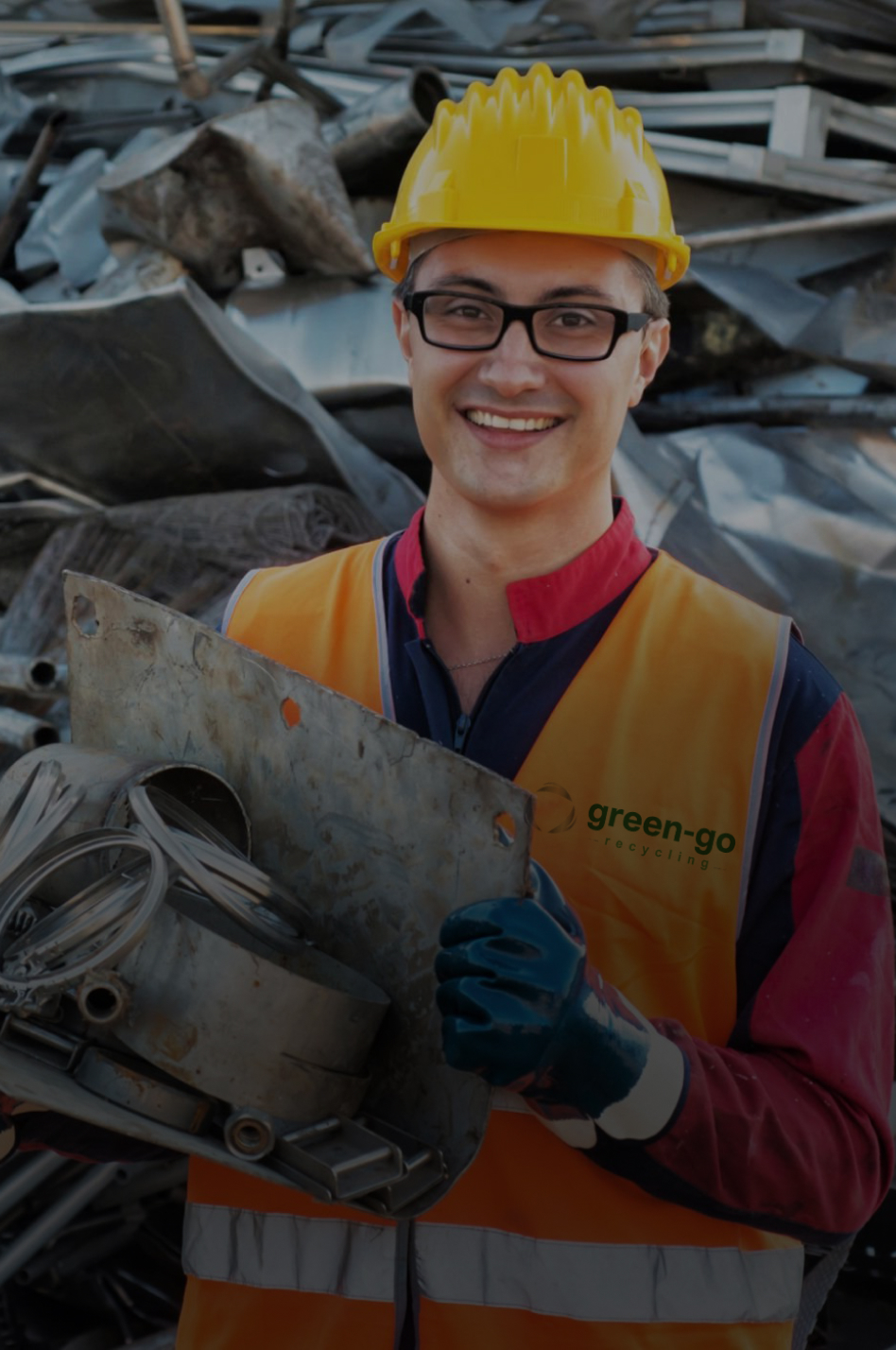![]() Hours: Mon-Fri: 8AM - 5PM | Closed Dec 23-26
Hours: Mon-Fri: 8AM - 5PM | Closed Dec 23-26
![]() Barrie (Open On Sat 8 AM - 1 PM)
Barrie (Open On Sat 8 AM - 1 PM)
![]() Call Barrie:
Call Barrie:
![]() Hours: Mon-Fri: 8AM - 5PM | Closed Dec 23-26
Hours: Mon-Fri: 8AM - 5PM | Closed Dec 23-26
![]() Barrie (Open On Sat 8 AM - 1 PM)
Barrie (Open On Sat 8 AM - 1 PM)
![]() Call Barrie:
Call Barrie:
29 December 2017
0
DEC 29, 2017
Lane County residents have enthusiastically embraced recycling, making it the only county in Oregon to send more waste to be recycled than to the dump last year. The goal is to recycle almost two-thirds of all waste in the county by the middle of next decade.
This rosy picture, however, has had a bucket of cold water dumped on it by the Chinese government.
About one-third of the waste recycled in the United States is exported, with China being the dominant market. And the Chinese government has announced that it plans to ban the importation of 24 different kinds of solid waste, including unsorted waste paper and several types of plastic.
China said the foreign recyclables are too contaminated, to the extent that some are hazardous to workers’ health and the environment.
The announcement sent the U.S. recycling industry into a tizzy. The Institute of Scrap Recycling Industries said the ban, which is scheduled to take effect in January, will have a “catastrophic” impact on the U.S., including tens of thousands of lost jobs, closure of many recycling businesses and reduced tax revenue.
Prices of many recyclables will plummet if China carries through with its plan, ISRI warned, and many of these materials will end up in dumps with environmental, as well as financial, costs.
There is some question as to whether the ban will go into effect on schedule. Chinese manufacturers are reportedly already complaining about shortages of raw materials such as recycled metal, paper and plastic.
But the handwriting is on the wall for U.S. consumers, government agencies and recycling businesses that export recyclables to China — often a cheaper alternative than dealing with the materials in the United States.
In some ways, China’s impending ban is a much-needed wake-up call for the United States, which has left the subject of how, or whether, to recycle to cities, counties and states, with the result that no coherent national policy has evolved.
Even in Eugene, which has fervently embraced recycling, there are some long-standing problems with how it is practiced. Some of this is laziness — does anyone really think a soiled diaper can be recycled? — but much of it is due to well-intentioned consumers who lack information and engage in what Lane County waste reduction specialist Sarah Grimm refers to as “wishful recycling.”
Wishful recyclers are concerned about the environment and want to recycle as much as possible — including plastic lettuce tubs, plastic bags and ice cream cartons, none of which are acceptable and some of which can mess up recycling equipment. Wishing these things were recyclable doesn’t make them so.
China’s announced ban is already prompting some changes in the United States, including sorting facilities that have slowed their conveyor belts so pickers can remove more contaminants or are sending materials through twice to meet China’s demand for cleaner recyclables. These changes have sent the fees charged to trash haulers skyrocketing by as much as 300 percent and reduced the amount of material that can be sorted every day. Some small trash haulers from rural areas are having trouble finding a sorting facility that will accept their loads.
In the short term, some trash haulers are trying to raise their rates to cover their increased costs. And some trash that might previously have gone to recycling likely will end up in dumps.
Longer term, businesses, consumers and communities will need to help support more domestic recycling and learn to do it more efficiently.
Businesses and governments will need to invest in better recycling equipment. Agencies such as Lane County’s Waste Management Division, with the help of organizations such as Eugene-based BRING Recycling, will need to ramp up education efforts. This includes helping consumers learn how to better recycle and reduce waste, starting at the time of purchase.
If consumers demand products that include recycled materials and don’t have excessive packaging, businesses will respond, Grimm said, “That is where our saving grace is — as long as consumers take their power and use it wisely,” she said.

we accept thousands of different
household, commercial, and
industrial items.
Schedule Online -
We’ll Call You To Confirm Your Request